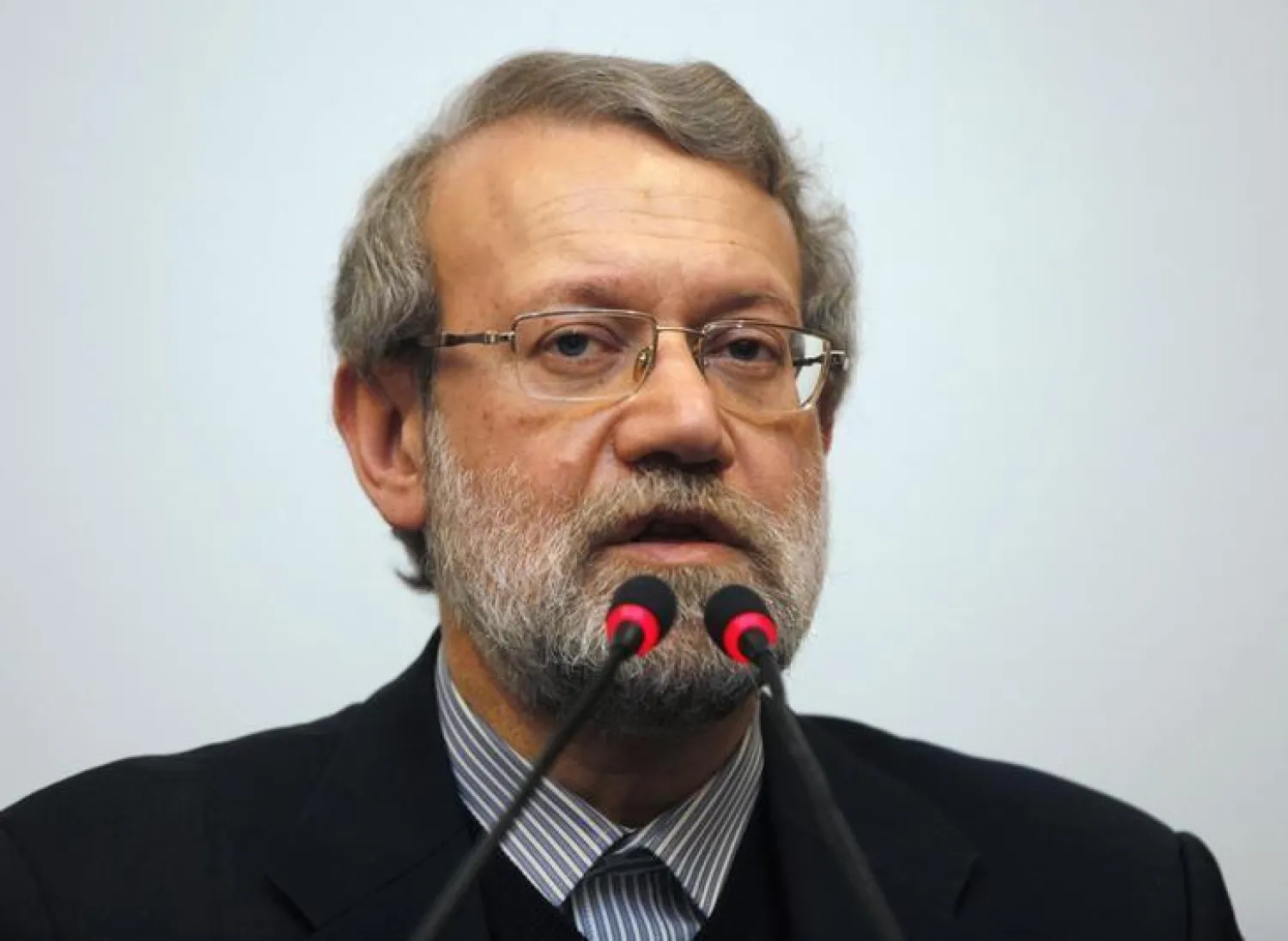Iran's parliament speaker Ali Larijani and Russian Parliament speaker Vyacheslav Vallodin held talks on the sidelines of an anti-drug conference in Moscow on Monday.
The talks dealt with several issues, first and foremost the situation in Syria.
Speaking at presser afterward, Larijani told reporters that both Russia and Iran affirmed their determination to continue cooperation to combat terrorism, pointing out that the cooperation between the two countries in this area in Syria “made progress, and saw important achievements.”
Larijani also criticized the US military presence in Syria, calling it "illegal”.
"We look suspiciously at the role of the United States in Syria. They establish military bases there and carry out adventures. "
He also condemned Israeli operations in Syria and said they were "military drills" that caused problems in the region.
For his part, Leonid Slutsky, First Deputy Chairman of the State Duma's Committee on International Affairs, said the committee would hold a meeting with the Iranian parliamentary delegation. The two sides will discuss the reconstruction efforts for Syria’s infrastructure.
RIA Novosti quoted Slutsky as saying that parliamentarians from both countries will also discuss the activities of the ‘Shiite police’ in areas where Shiite citizens live in Syria.
US Ambassador to Russia Jon Huntsman said in an interview to the newspaper Vedomosti that discussing US withdrawal from Syria will be possible only after terrorism is abolished there.
Huntsman pointed out that all the terrorists can be expelled from Syria’s Raqqa and from the Euphrates region in general. “But they can regroup and regain their strength,” he said, stressing that “for this reason it is necessary to ensure that the war on terror is successfully completed before withdrawing troops.”
The two presidents made great progress at their meeting in Vietnam's Da Nang, the ambassador said in an interview.
Huntsman added that he considered the content of talks more important than their length, and the meeting between Putin and Trump in Da Nang was important in terms of content.
The joint statement of Putin and Trump was issued on November 11, following their meeting on the sidelines of the APEC conference in Vietnam. The two presidents confirmed their commitment to defeating ISIS in Syria and also agreed on the inadmissibility of a military solution for Syria.









